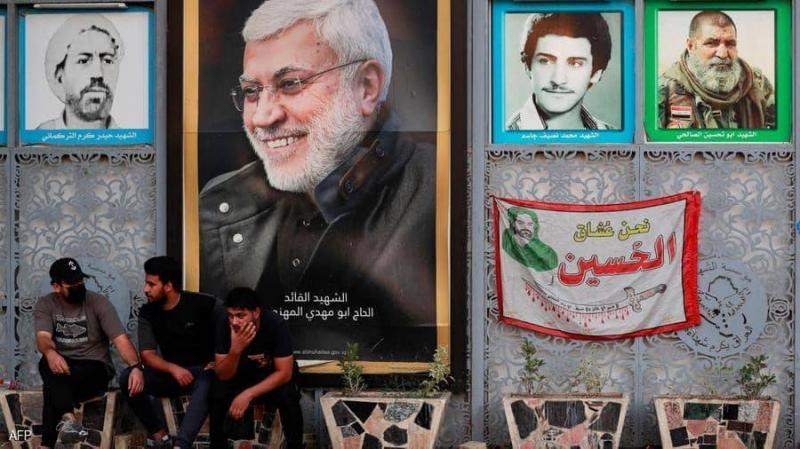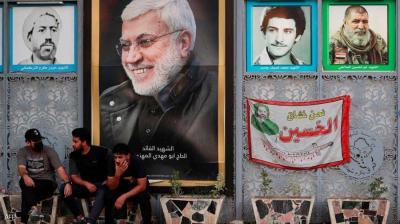The armed factions in Iraq have intensified their protests, mobilizing their supporters in the Popular Mobilization Forces and other armed groups to exert pressure on political forces to ensure a significant share in the formation of the new Iraqi government. The Fatah Alliance, the political umbrella for the Popular Mobilization Forces, secured only 16 seats in the parliamentary elections held on October 10, down from 48 seats obtained in the 2018 elections. The conversation around election fraud has diminished, especially in light of international praise for the Iraqi elections from the UN Security Council and the UN Mission, which has conferred greater legitimacy upon the process.
Experts observing Iraqi affairs see the current escalation by armed groups and the mobilization of their supporters through protests and sit-ins, currently taking place in Baghdad, Basra, Dhi Qar, and other provinces, as a tactic to secure better representation in the formation of the upcoming Iraqi government or to avoid complete marginalization. Political writer and analyst Ali Baidar stated that "these groups resorted to sit-ins and wielding weapons due to the defeats they faced in the elections," noting that "their actions represent a coup against the state and the government, as they have strayed from legal and legitimate means of protest." He emphasized that this movement aims primarily to guarantee the presence of these forces and their political representatives among the parties that will form the government, stemming from their sense of danger regarding potential exclusion.
Baidar pointed out the importance of disregarding these groups, stating that they represent only themselves and lack substantial grassroots support. These protests reflect the Fatah Alliance's concerns over the Sadrist Movement's monopolization of power, as it topped the elections with over 70 seats, prompting them to assert their existence through popular protests. The demonstrators are calling for a manual recount of all votes in the election process, which the electoral commission has rejected, especially as all manual verifications conducted matched the electronic count.
The protests have sparked widespread public anger due to the involvement of Popular Mobilization Forces members, as they are directed to participate despite being a security force subordinate to the Cabinet. These groups have issued threats to the UN mission, accusing it of interfering in the electoral process, a claim that the UN Security Council has rejected in a statement regarding the Iraqi elections. The demonstrations have not only involved supporters of armed militias from the general public but also included members from those factions; a video clip showed a clash between an officer and a protester regarding road closures, with the protester responding, "We are the resistance factions."
The elections disrupted the calculations for some smaller and larger blocks due to the surprises they contained, with the Sadrist Movement coming in first with over 70 seats, while the "Progress" Alliance led by Parliament Speaker Mohammed al-Halbousi secured second place with 38 seats. For his part, Sadrist leader Muqtada al-Sadr expressed hope on Saturday that the UN Security Council's stance on the Iraqi elections would lead to a withdrawal by the political factions disputing the results on the grounds of fraud. Sadr stated in a communiqué, "Dragging the country into chaos and undermining civil peace due to the dissatisfaction of those claiming fraud with the results is shameful and complicates the political landscape and security situation, giving a negative impression about them, which should not be exacerbated or repeated."
Sadr warned against "pressuring the electoral commission or intervening in the work of the judiciary and the Federal Court," asserting that "confidence in the electronic results will provide security and stability for Iraq and its people." Earlier, Sadr cautioned against "infighting and clashes" following the announcement of the full election results by the electoral commission.




